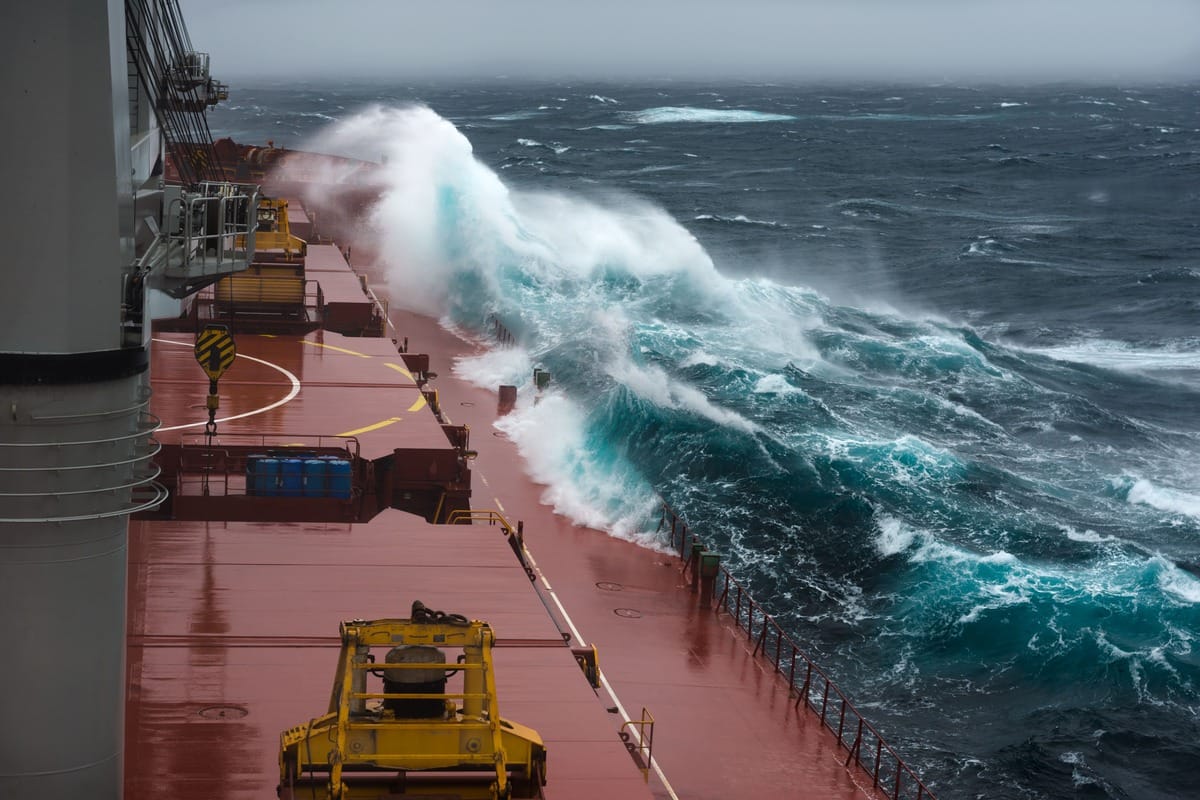The IMO published a document to the MSC from Cyprus, Greece, and others, raising concerns about the revised IACS Recommendation 34.
The International Maritime Organization published a document submitted to the Maritime Safety Committee (MSC) by Cyprus, Greece, Malta, Hong Kong, China, and maritime organizations (ICS, BIMCO, INTERCARGO, RINA), highlighting major concerns over the recent revision of IACS Recommendation 34 (Rec.34/Rev.2). This standard, essential for maritime safety, provides "Standard Wave Data" critical for setting structural design requirements for vessels, especially bulk carriers and oil tankers, operating globally.
1. Background and Importance of IACS Rec.34
- IACS Rec.34 forms the foundation for defining the worst-case wave scenarios that ships may encounter globally. This data plays a crucial role in determining the hull load parameters, which are then used to calculate necessary plate thicknesses, as well as the sizes of stiffeners and beams to ensure structural resilience.
- The data impacts not only ship design but also classification society rules that govern ship construction, directly influencing the safety and durability of ships, crew protection, and environmental preservation.
- The Common Structural Rules (CSR) for Bulk Carriers and Oil Tankers, developed by IACS, are in line with the IMO's Goal-Based Standards (GBS) outlined in MSC.287(87). Because these rules are pivotal to ship safety, they are subject to periodic auditing by the IMO.
2. Concerns over the Reliability of the Revised Data
Content Original Link:
" target="_blank">



































